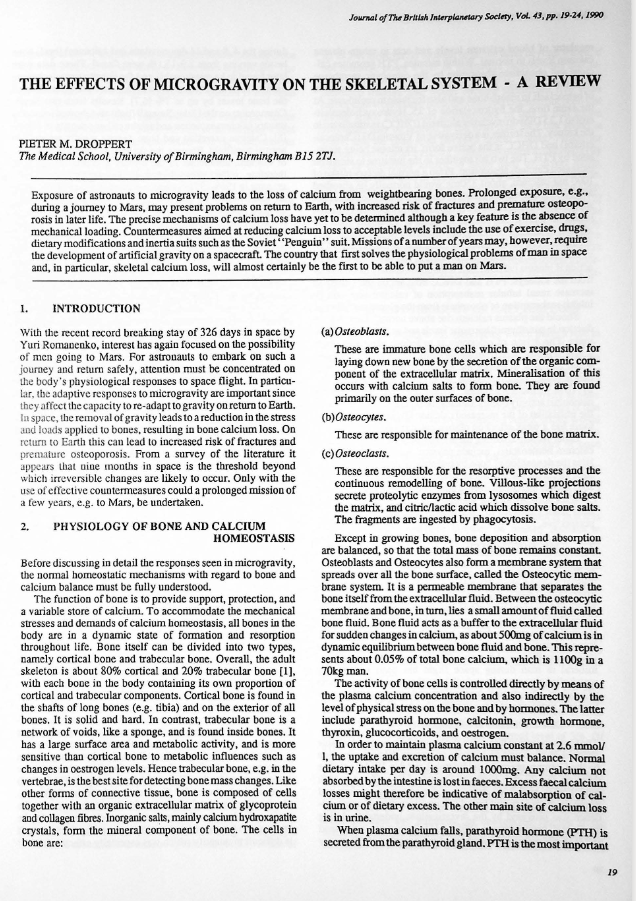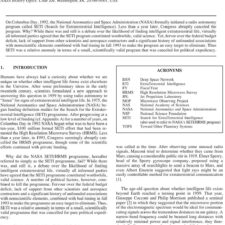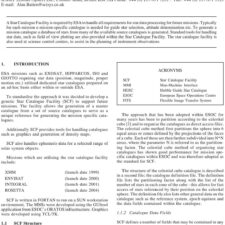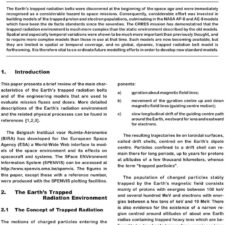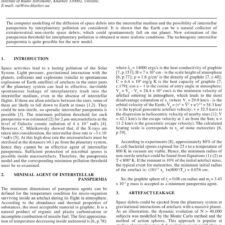The Effects Of Microgravity On The Skeletal System – A Review
£5.00
P. M. Droppert. (1990), JBIS, 43, pp.19-24
Refcode: 1990.43.19
Abstract:
With the recent record breaking stay of 326 days in space by Yuri Romanenko, interest has again focused on the possibility of men going to Mars. For astronauts to embark on such a journey and return safely, attention must be concentrated on the body’s physiological response to space flight. In particular, the adaptive responses to microgravity are important since they affect the capacity to re-adapt to gravity on return to Earth. In space, the removal of gravity leads to a reduction in the stress and loads applied to bones, resulting in bone calcium loss. On return to Earth this can lead to increased risk of fractures and premature osteoporosis. From a survey of the literature it appears that nine months in space is the threshold beyond which irreversible changes are likely to occur. Only with the use of effective countermeasures could be a prolonged mission of a few years, e.g. to Mars, be undertaken.

